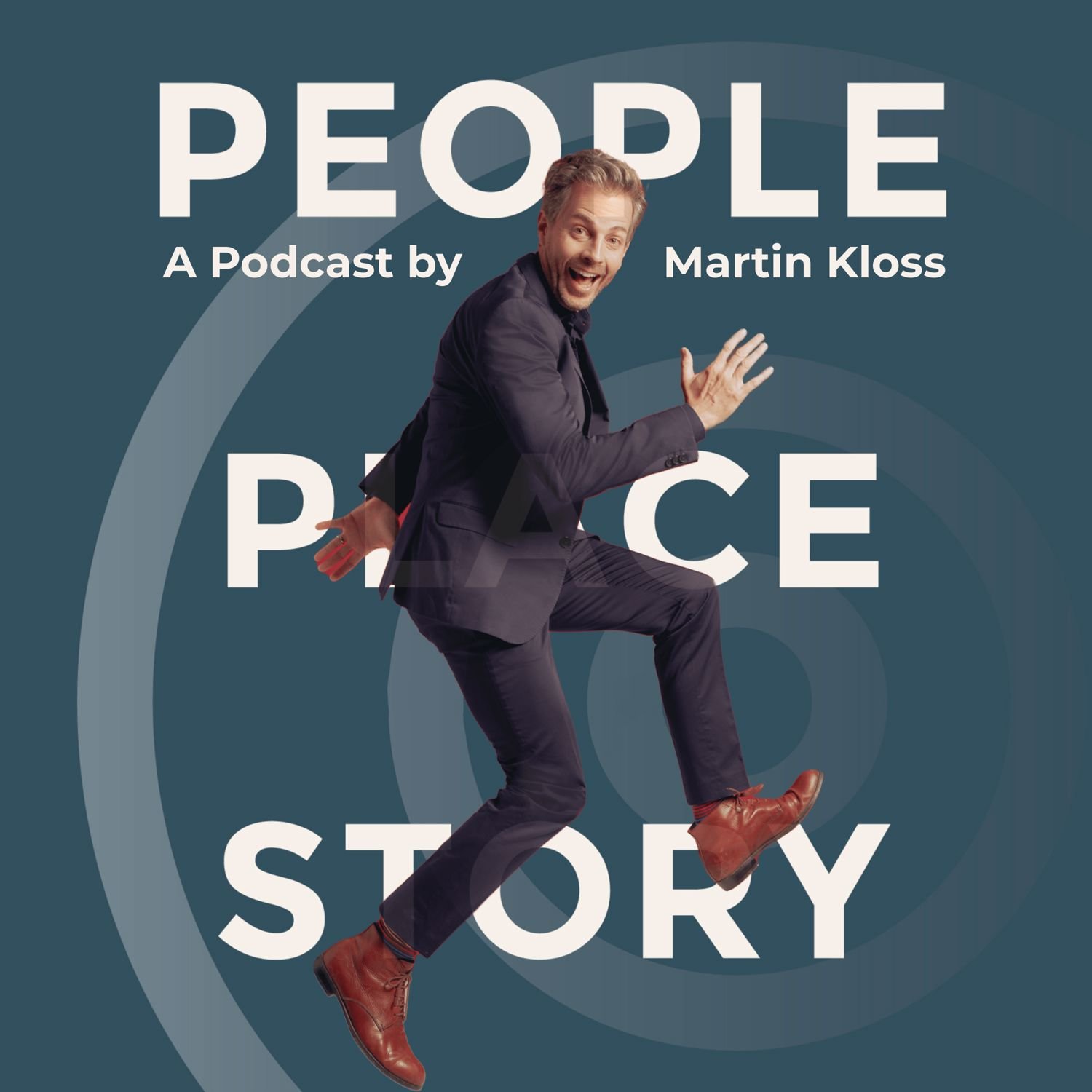Welcome to another episode of People Play Story, where we delve into the art of storytelling and impactful communication. I'm Martin Kloss, your host, a professional story coach, and speaker trainer. Today, we explore the intriguing concept of perfectionism and its impact on communication, inspired by a chapter from my book, People Play Story. Although the book is currently available only in German, this podcast aims to reach a broader audience.
In this episode, we discuss the pressure of striving for perfection, especially in high-stakes situations like presentations. I argue that aiming for 'good enough' can often be more effective than chasing an unattainable ideal of perfection. We explore how even with absolute power, like that of dictators, control is never complete, illustrating that perfection is a moving target.
We delve into the importance of focusing on what we can control—our reactions, preparation, and connection with the audience. Embracing vulnerability and authenticity can make us more relatable and engaging. Mistakes and imperfections can actually enhance our connection with others, as they reveal our human side.
We also discuss shifting from a deficit mindset to an abundance mindset, focusing on our unique strengths and perspectives rather than our perceived shortcomings. This shift allows us to communicate more authentically and build genuine relationships.
Finally, we emphasize the importance of preparation paired with a willingness to adapt and embrace spontaneity. True connection requires letting go of the illusion of control and embracing the messiness of human interaction. By doing so, we can focus on what truly matters—authentic connections and the beautiful journey of being human.

People Place Story - How to Communicate with Impact
People Place Story is a podcast for anyone who wants to master the art of storytelling and communicate with impact. Hosted by Martin Kloss, a professional story coach and speaker trainer with nearly 30 years of experience on global stages, this podcast breaks down the powerful techniques behind effective communication. Here’s the twist: while the insights come from Martin’s book People Place Story—currently available only in German—the conversations you’ll hear are entirely generated by AI. Using Google’s NotebookLM, the podcast reimagines key chapters of Martin’s book, bringing his knowledge and experience to life in a unique and engaging way. With a friendly, approachable tone, People Place Story offers thoughtful perspectives for anyone looking to improve their communication, whether on the big stage or in everyday conversations. Whether you’re a seasoned speaker or simply curious about the power of storytelling, this podcast will help you rethink how you express yourself. Tune in and explore the fascinating intersection of storytelling, communication, and AI!
Listen in your favorite app:
Fountain